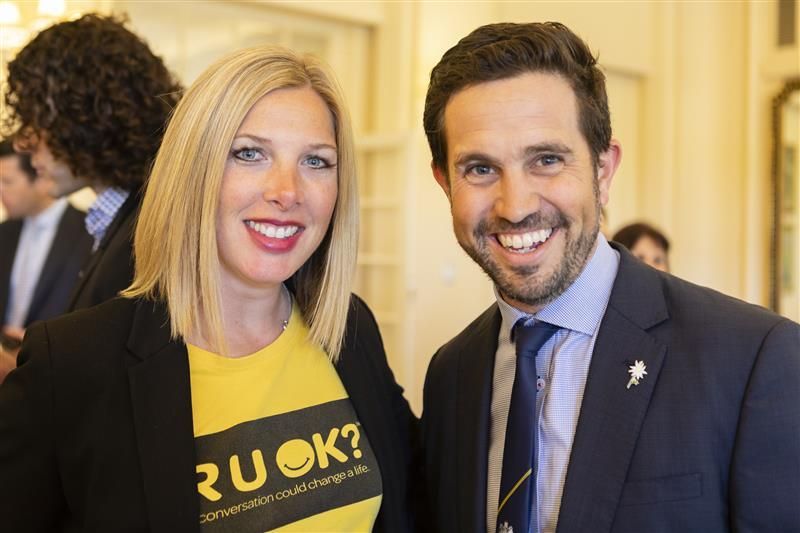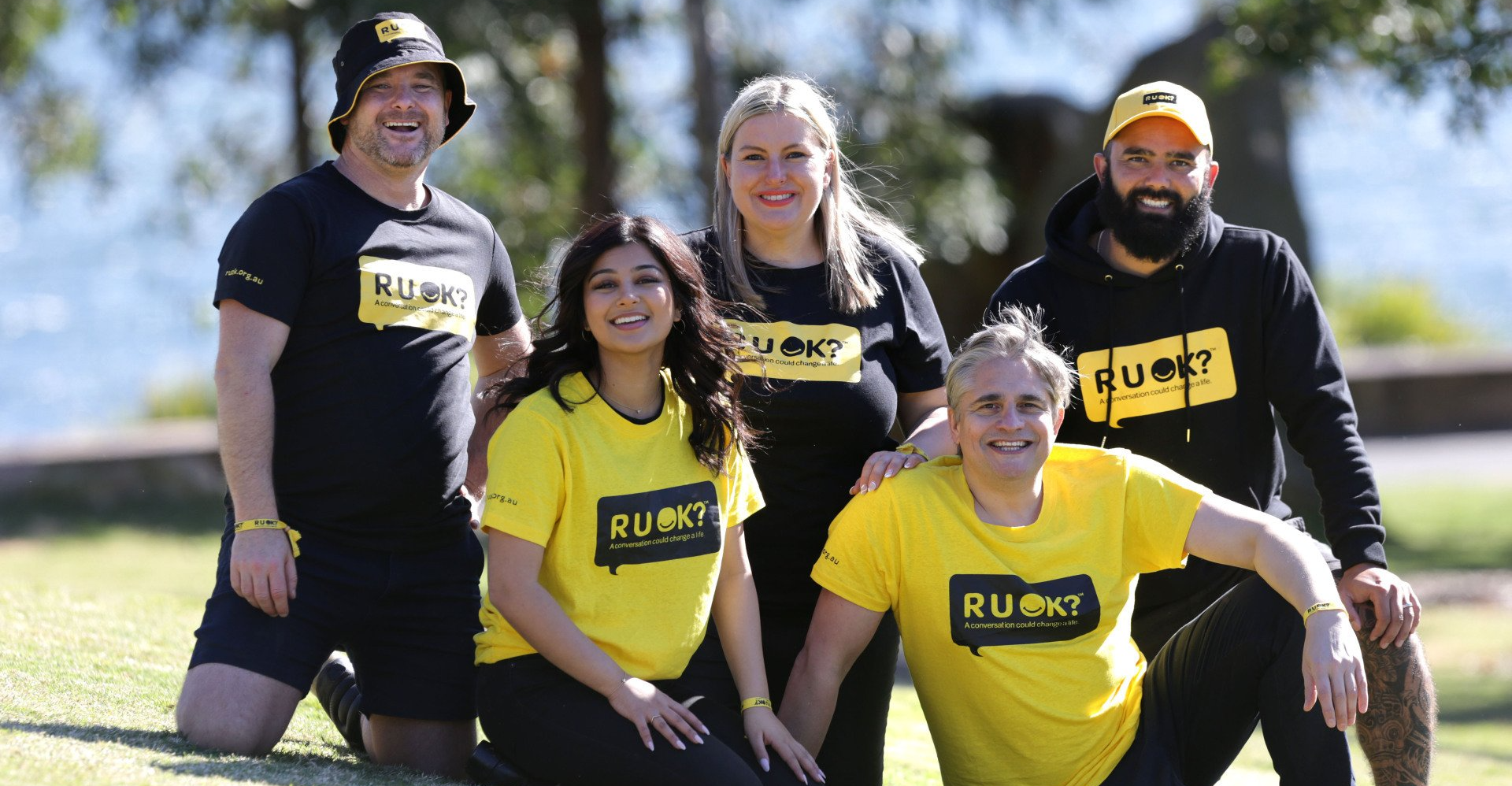Tips for managing emotional reactions during an R U OK? conversation
From time to time, we can face strong reactions during an R U OK? conversation. When facing these reactions, we may feel uncomfortable, guilty or anxious. It’s OK to experience these emotions but by being prepared and knowing what to say, we can minimise awkwardness and reduce the pressure in these situations.
How can I prepare myself for a strong emotional reactions?
Recognise their reaction might be in response to a range of circumstances, some of which you might not know about
Allow the person to fully express their emotions (i.e. let off steam) and show them you’re interested by actively listening to all they say
Deal with the emotions first, you can discuss the issues more rationally once emotions have been addressed
Being an active listener is one of the best things you can do for someone when they are distressed
Manage your own emotions by staying calm and not taking things personally.
How do I deal with sadness?
Sad or tragic incidents are often difficult to deal with because we empathise with the person and feel helpless as we cannot take away their sadness or pain
Use lots of empathetic phrases, such as “It sounds like you’re juggling a few things at the moment” or “I understand this must be challenging for you right now”
Make sure you’re comfortable with any silence in the conversation
Know that silence gives them permission to keep talking and tell you more
Encourage them to access support
If someone begins to cry, sit quietly and allow them to cry. Lowering your eyes can minimise their discomfort. You could add, “I’m going to sit here with you and when you’re ready we can keep talking”
If you anticipate this response, it can help to have tissues handy.
How do I deal with anger?
If someone is visibly hostile you can respond with: “I can see that this has upset you. Why don’t you start at the beginning and tell me what I need to know...”
Allow them to identify all the factors they feel are contributing to their anger
You might encourage them by adding “Right, I understand that (....) is a problem. What else is causing you concern?”
Be patient and prepared to listen to them talk about everything that’s adding to their frustration
To keep the conversation on track and to reassure them you’re interested in all they have to say, try reflecting back what they have said. You could say, “So the thing that’s really upsetting you is (....) Is that right?”
If they feel they have been wronged or treated unfairly you are unlikely to persuade them otherwise in this conversation. It’s more constructive to listen to all they have to say and provide resources or connect them with formal channels where their specific complaints can be heard.
How do I deal with anxiety?
Speak in short, clear sentences while still showing concern and care
If you anticipate an anxious response, use your preparation time to think about how you will say what you need to in a clear way
Stay calm. This is best displayed through deep, slow breathing, a lower tone of voice and evenly paced speech.
By using these tips, you can help someone feel supported when confronted with challenges in life whether at home, work, school or in sport.
Find more conversation tips at www.ruok.org.au/how-to-ask
If you need support or know someone who does, visit www.ruok.org.au/findhelp for professional support services and self-care tools.






















